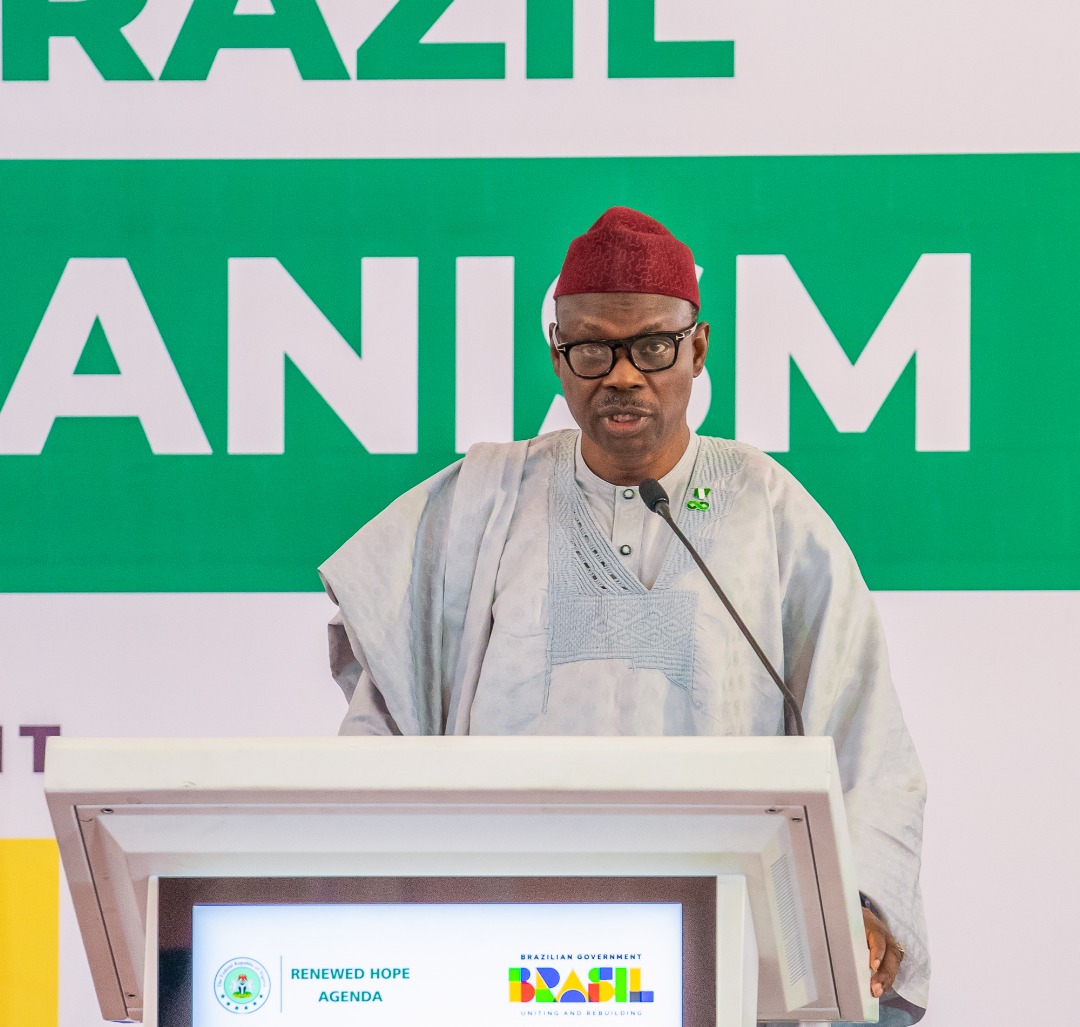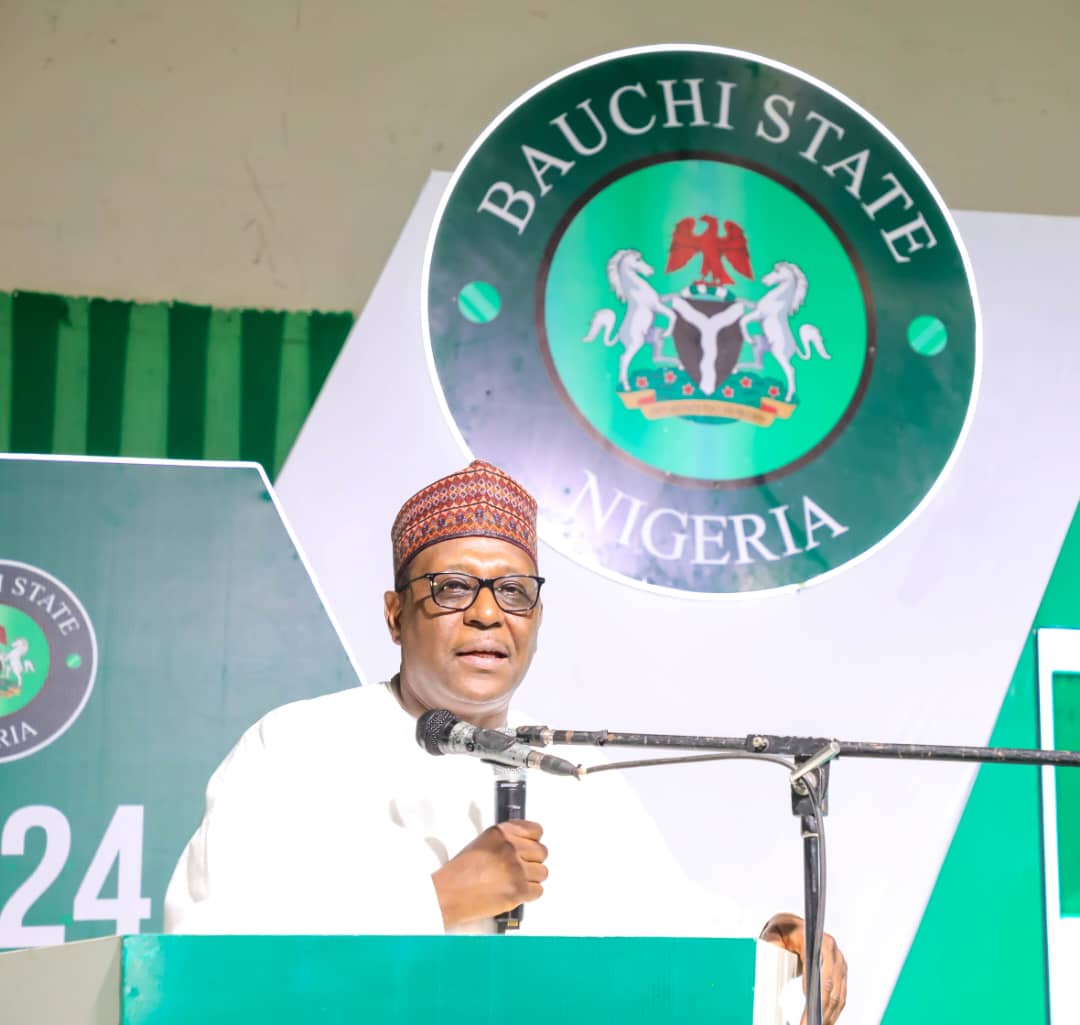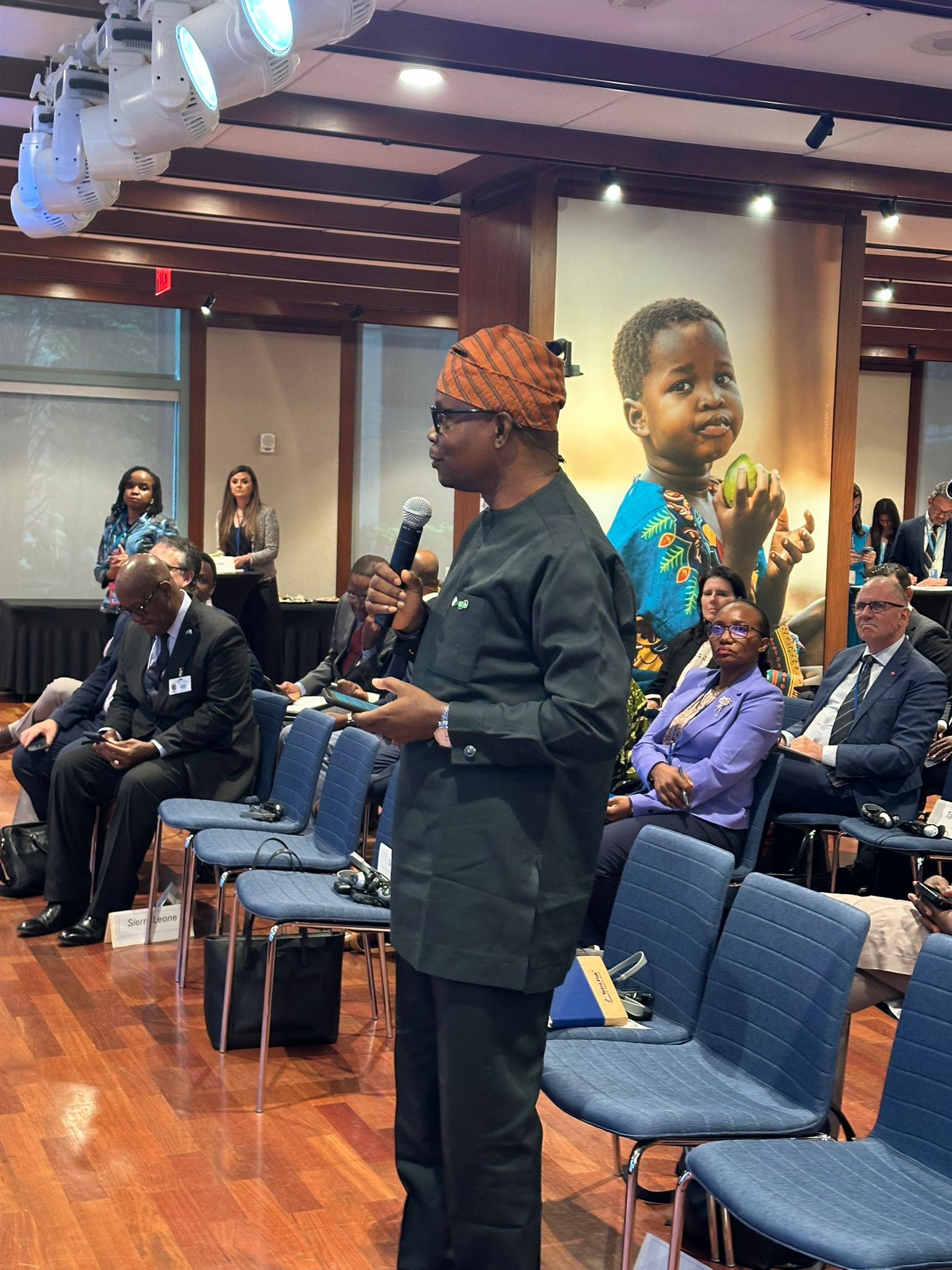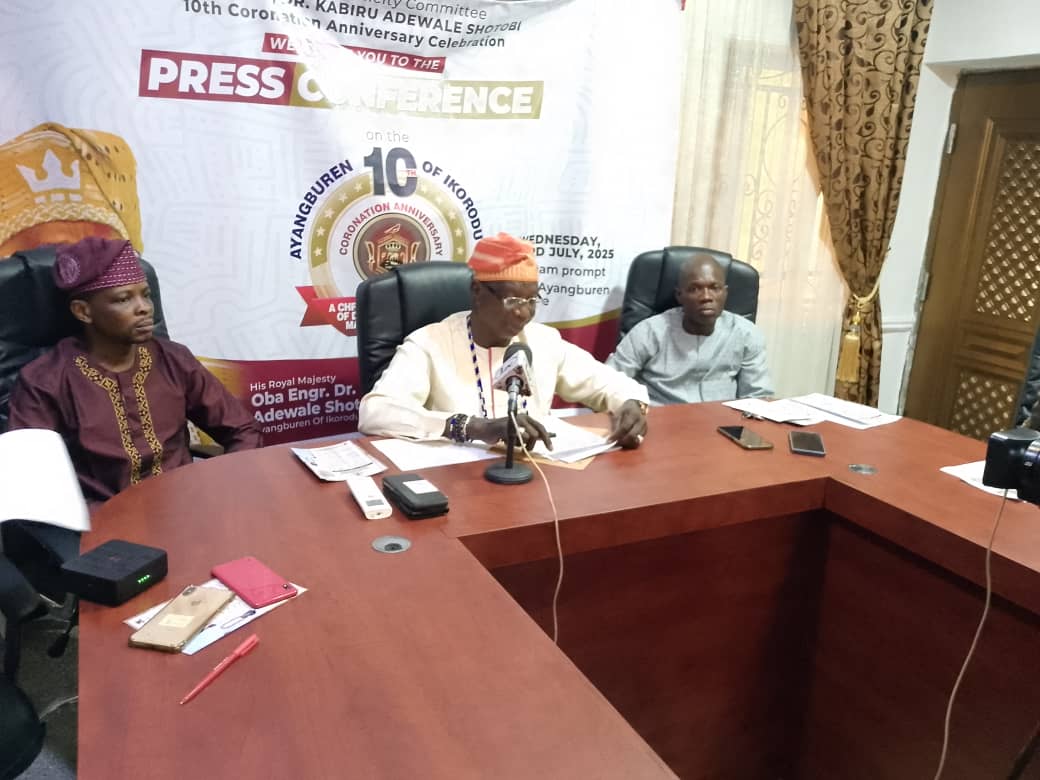
By Fatima Saka
The Federal Government of Nigeria has reaffirmed its commitment to achieving Universal Health Coverage (UHC) and unlocking the nation’s healthcare value chain through strategic global partnerships, with a specific focus on Brazil’s health system model.
Delivering remarks at the 2nd Session of the Nigeria–Brazil Strategic Dialogue Mechanism on Tuesday in Abuja, the Minister of State for Health and Social Welfare, Dr. Iziaq Adekunle Salako, outlined several key reforms and achievements under President Bola Ahmed Tinubu’s Health Sector Renewal Investment Initiative (HSRII), while proposing a formal framework for deepening Nigeria–Brazil health cooperation.
Dr. Salako said the Tinubu administration’s health reform is anchored on four pillars, effective governance, equitable quality health systems, unlocking healthcare value chains, and strengthening health security with digitalisation, strategic financing, and workforce transformation as cross-cutting themes.
“President Tinubu’s administration is prioritizing the health sector through expanded budget allocation, a 52% increase in two years and the implementation of 21 strategic policies aimed at strengthening the health system and promoting local pharmaceutical manufacturing,” Salako said.
Major Milestones Highlighted:
Primary Healthcare Revitalisation: Over 37 million Nigerians reached as of Q1 2025.
Workforce Reforms: Reduced recruitment bureaucracy, task shifting, and increased training capacity for health professionals.
Health Insurance Expansion: Coverage rose by over 15% in one year, with new schemes for vulnerable groups and catastrophic health needs.
Reform of BHCPF: Improved transparency and timely fund release.
Value Chain Growth: Through the Presidential Initiative to Unlock the Health Value Chain (PVAC), 87 local manufacturers now benefit from government incentives.
Global Recognition: Two Nigerian-made medicines obtained WHO prequalification a first in West and Central Africa.
Tertiary Care Expansion: 12 new tertiary hospitals and over 500 projects executed in 61 institutions, including six new cancer centres.
Digital Health Push: Launch of the Nigerian Digital in Health Initiative.
Preventive Care Boost: Introduction of HPV and malaria vaccines, cervical cancer elimination efforts.
Salako emphasized the importance of learning from Brazil’s Sistema Único de Saúde (SUS), which provides free healthcare to 70% of Brazilians and has achieved a 77% reduction in infant mortality since 1990.
“Brazil’s family health and oral health teams model, success in generic drug legislation, and globally recognized pharmaceutical capacity offer strong templates for Nigeria’s own reforms,” he noted.
Proposed Areas of Nigeria–Brazil Cooperation:
Local Pharmaceutical and Vaccine Production: Including joint ventures and policy exchanges.
Research and Development: Focused on tropical and non-communicable diseases.
Training and Workforce Development: Exchange programs for Nigerian health professionals.
Epidemiological Surveillance & Disease Control: Emulating Brazil’s vector control and infectious disease strategies.
Formal Agreements: Proposal to establish a Nigeria-Brazil Health Cooperation Framework and Working Group, with a Five-Year Joint Action Plan.
Dr. Salako also spotlighted the NASENI-Troment Biotechnology Factory as a “practical demonstration” of the success of Nigeria’s local manufacturing policy, calling it one of several transformative initiatives under the current administration.
READ ALSO: LASWA Partners MOWCA, Interferry to Boost Waterways Safety in Lagos
Widowhood Is a Cause, Not a Curse – Mrs. Soludo Urges Support, Empathy for Widows
The Minister concluded by expressing hope that the visit of Brazil’s Vice President and the ongoing dialogue would lead to formalized health partnerships that benefit not just Nigeria and Brazil, but also the broader global health community.
“We are confident that with strong political will and shared vision, the Nigeria and Brazil health partnership will contribute significantly to the prosperity and well-being of our two peoples,” he said.





